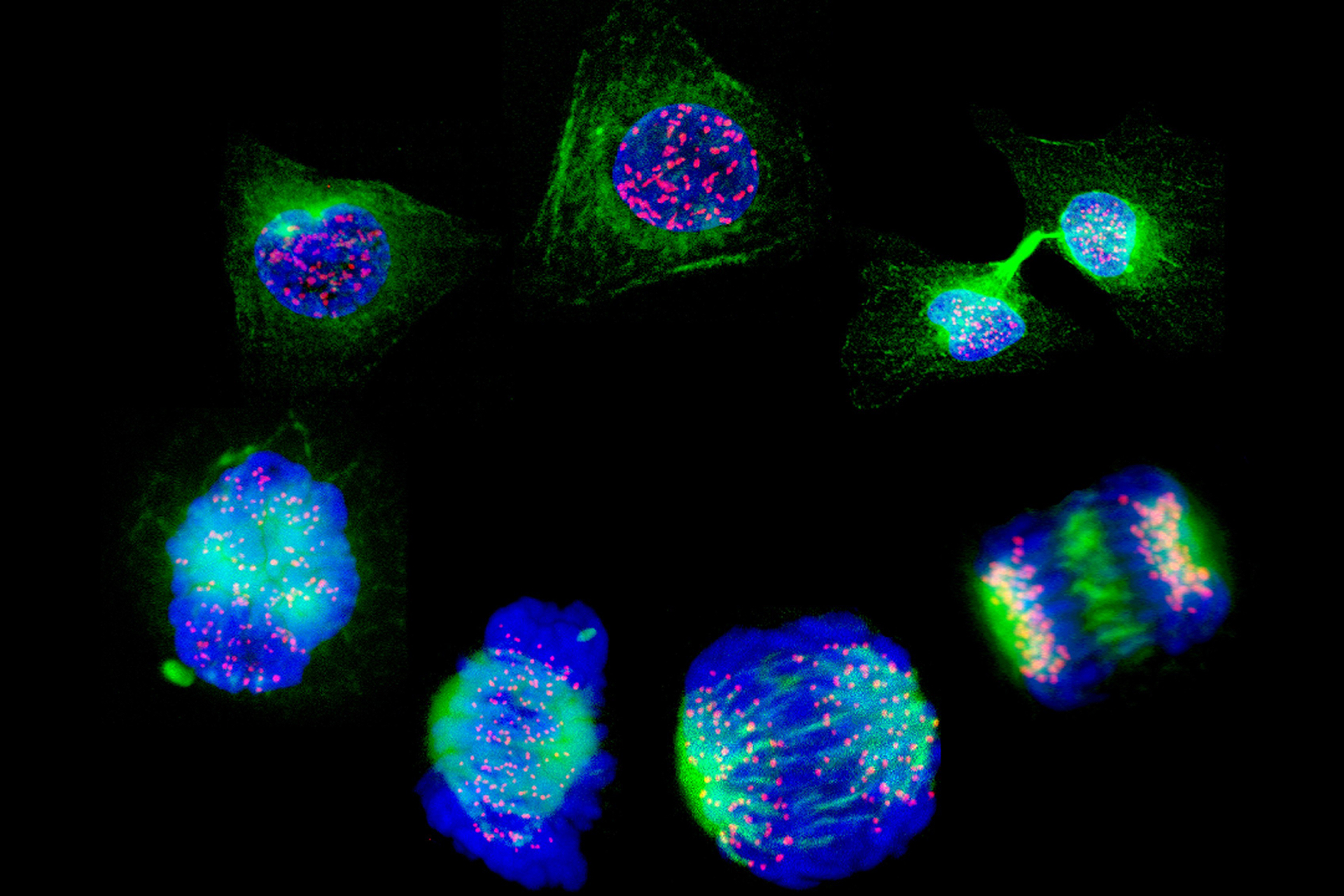Remission has been seen in patients with treatment-resistant leukaemia in the world's first phase 1 clinical trial for 'base-editing' therapy.
Researchers at Great Ormond Street Hospital (GOSH) in London provided an update from their ongoing phase 1 trial (see BioNews 1172). This clinical trial is the first to use 'base-editing' therapy clinically to treat treatment-resistant T cell leukaemias, by recognising and killing cancer cells.
'It is really crucial that children affected by cancer who failed standard of care have access to innovative strategies in the context of clinical trials such as this.', said lead author Dr Robert Chiesa, consultant in bone marrow transplantation at GOSH.
The base-editing technology involves using a refined version of CRISPR-based genome editing to remove unwanted genes from healthy donated T-cells. The T-cells are engineered to express a chimeric antigen receptor (CAR) that recognises a particular gene that is expressed on T cells (CD7), which is one of three genes that were removed by base-editing. The engineered CAR-T cells can then be given to a patient with T cell leukaemia, where they will selectively kill the cancerous T cells.
Professor Waseem Qasim, consultant immunologist at GOSH and co-author, said: 'Base editing involves making changes to single letters of DNA code to change signals and stop genes being expressed, without having to make a cut to the chromosomes. It works really well for engineering T-cells.'
The findings published in The New England Journal of Medicine, report that two of the three children treated were in remission within 28 days of receiving treatment. The third patient was found to respond but later developed a fatal infection suggesting the potential complications expected from this immunotherapy.
The researchers of this study believe that 'base-editing' therapy has use beyond cancer, and could potentially be used for any disease caused by changes in single letters of DNA. Professor Qasim explained: 'The technology itself could also have wide-reaching applications for corrections of certain inherited conditions such as sickle cell disease. As the technology matures and is shown to be safe, it could be applied quite widely, although there will need to be careful testing and longer-term studies.'
The authors of the study aim to expand the phase 1 clinical trial to include seven more patients within the UK with plans for similar studies to be performed in the USA.






Leave a Reply
You must be logged in to post a comment.